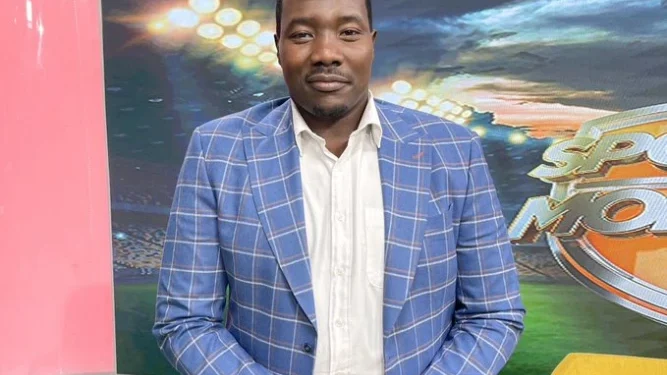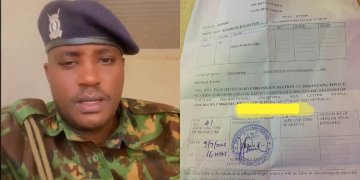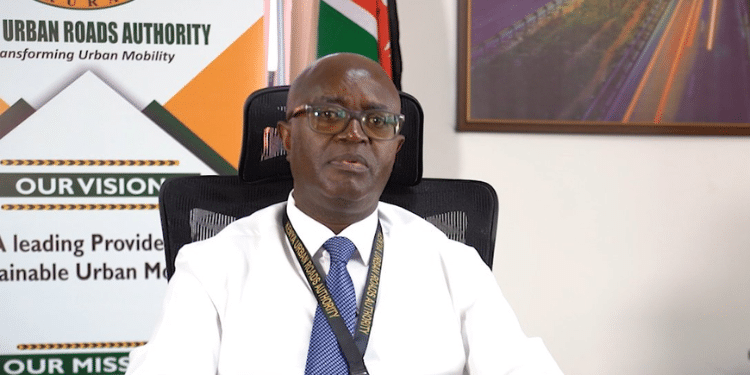The Milimani Commercial Court has ordered Airtel Kenya Limited to pay media personality Willis Raburu Ksh6.5 million for using his trademark ‘Bazu’.
Magistrate Rawlings Musiega on 11th March 2024 directed Airtel to pay Raburu special damages amounting to Ksh5 million, attributed to the loss of any potential license fee that he may have incurred as a result of the company’s “infringing activities”.
The magistrate further mandated the tele communication company to provide Raburu with an extra Ksh1.5 million in general damages.
As a result, Airtel Money, along with its directors, officers, employees, and agents, have been permanently prohibited from utilizing Raburu’s registered trademark, No. 116744.
“A permanent injunction to restrain the Defendant [Airtel Kenya] from publishing any material in the print and broadcast media in respect of the Plaintiff’s [Willis Raburu] Registered Trademark No. 116744 in respect to the mark ‘BAZU’ and/or any confusing or deceptive mark that directly or substantially is similar to that of the Plaintiff’s,” the ruling read in part.

Also Read: Blow To Athletics Kenya Officials After Court Orders Immediate Vacation from Office
Airtel has, however, been granted 45 days stay of execution in which they can file an appeal.
Raburu’s legal action was grounded in his contention that by registering the trademark, he was granted exclusive rights to use ‘Bazu’ in connection with goods or services classified under ‘advertising and telecommunications services’ according to the International Classification of Goods and Services.
Willis Raburu Sued Airtel in 2022
Raburu had on June 24, 2022, sued the telecommunication company for using his trademark ‘Bazu’ in promoting its new bundles plan ‘Bazu Bundle’.
Also Read: Questions and Answers on Online Filing of Court Cases
Airtel Kenya, in their defense, claimed that Raburu’s motive was solely for rapid enrichment and anticipated a quiet settlement.
They added that the word ‘Bazu’ was well in use by other parties before the said registration date and “in instances where there exists continuous use of a word or symbol by various third parties prior to registration, the Plaintiff and/or any other person cannot enjoy exclusive rights from the use of such a word or symbol.”
They further contended that the term was not originally coined by Raburu, as it was a well-known slang in the local sheng language.










































































